Subject Advice Guide
Medicine
Overview
The traditional course at Oxford University is split into pre-clinical years (for the first 3 years) and clinical years (for the last 3 years). Medicine at Oxford puts particular emphasis on learning from first principles and truly understanding the scientific principles that underpin medical practise.
Throughout the pre-clinical course, you’ll learn the science of how the body works in terms of physiology, genetics, histology and metabolism as well as how things can go wrong (pathophysiology). Just like with any Medicine degree, there’s a huge breadth of knowledge. However, the essays and tutorials, specific to the Oxford course, give you the opportunity to really explore the cutting edge of scientific topics with world-leading academics.
Choosing Your Course
Really ensure that your motivations for Medicine are in the right place. Applying for Medicine anywhere is an incredibly competitive endeavour and so you want to make sure that you’re making an informed choice. Undergoing work experience, watching YouTube videos, reading BBC Health articles and speaking to healthcare professionals are great ways to solidify your motivations. Wanting to do medicine because it’s glamorous, reputable or well-paid will not sustain you and drive you through the incredibly competitive application process and high workload at university and beyond.
The Oxford course being split into pre-clinical and clinical sections means that the pre-clinical course is completely grounded in science and theory. This means you will have a much firmer grasp of the underlying science of health conditions. However, it also means you will not get hands-on experience for three years so you should consider this when choosing where to study.
Career Prospects
After you complete the pre-clinical course you are able to progress onto the clinical course. After which you will be ready and qualified to become a junior doctor. You could choose to go into research via the Academic Foundation Programme (AFP).
After qualification some may choose to become clinician-scientists, others will become surgeons, physicians or GPs.
Almost all med students will go on to become doctors but for those who don’t its possible to go into any number of careers such as government and policy making.
Course Structure
Year 1:
During the first year, you will learn about: the organisation of the body, physiology and pharmacology, biochemistry and medical genetics, and medical sociology. You will also have GP placements where you get to shadow a GP. The content is examined at the end of the year in a mixture of essay and multiple-choice papers. These exams do not count towards your Medical Sciences degree.
Year 2:
During the first two terms of second year, you will learn about: applied physiology and pharmacology, the nervous system, principles of pathology, psychology for medicine. You will also have further GP placements. You will be examined on this content at the beginning of the third term. Post-exams your third term will be spent undertaking an individual research project.
Year 3:
Your third year is your academic highlight where you will write up your research project, write an extended essay on a topic you choose as well as choose options for your lectures. The final grade for the Medical Sciences degree comes from the project report and presentation, the extended essay and the finals you sit at the end of third year.
What to Expect
Year 1:
Around fifteen hours of lectures and two to three tutorials (and associated essays) per week
Year 2:
Around twenty hours of lectures a week and two to three tutorials (and associated essays) per week
Year 3:
Much less contact hours this year, you’ll have around four lectures and one or two tutorials a week with an occasional seminar
Recommended Reading
Podcasts
Books
Tony Hope’s Short Introduction to Medical Ethics
Being Mortal - Atul Gawande
This is Going to Hurt: Secret Diaries of a Junior Doctor- Adam Kay
The Heart of the Brain: The Hypothalamus and Its Hormones – Gareth Leng
The Emperor of All Maladies: A Biography of Cancer – Siddhartha Mukherjee
YouTube Videos
Websites
https://6med.co.uk/ for help with BMAT and UKCAT help
https://medicmentor.co.uk/ for more BMAT and UKCAT support
It’s also a good idea to keep up with any new developments in the medical field to help with interviews
